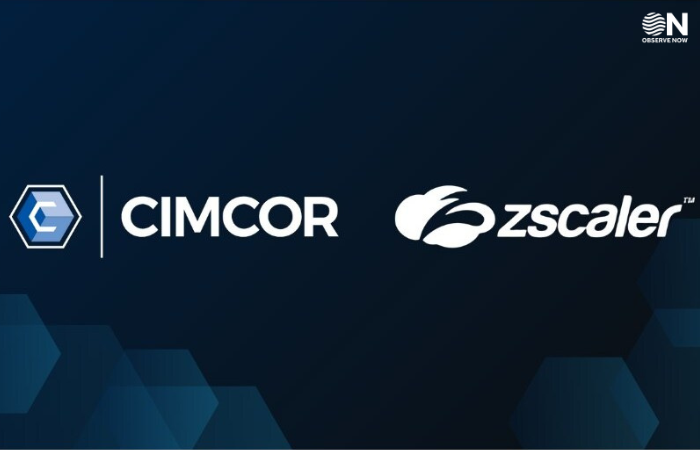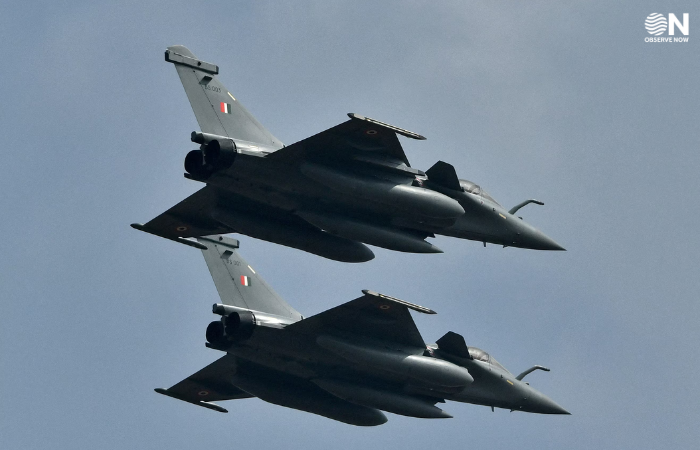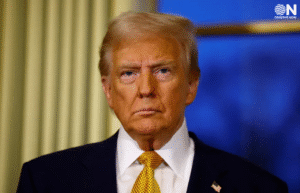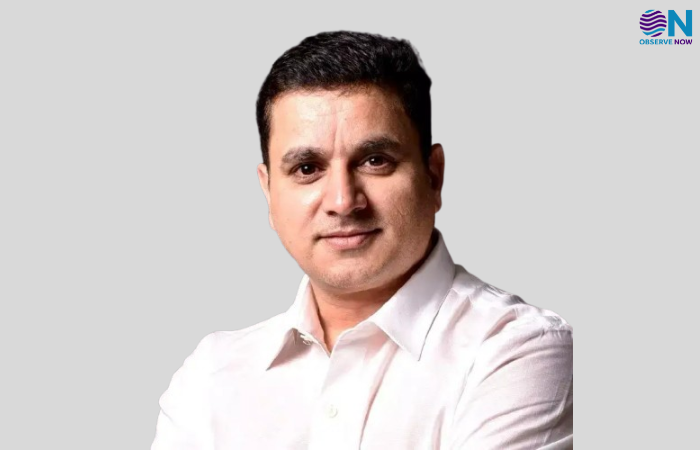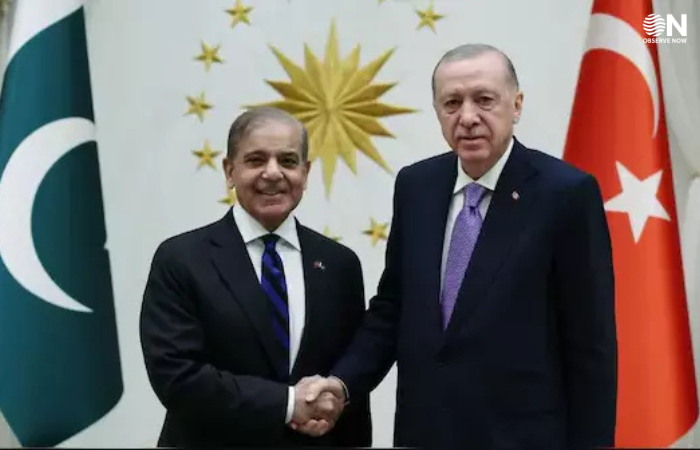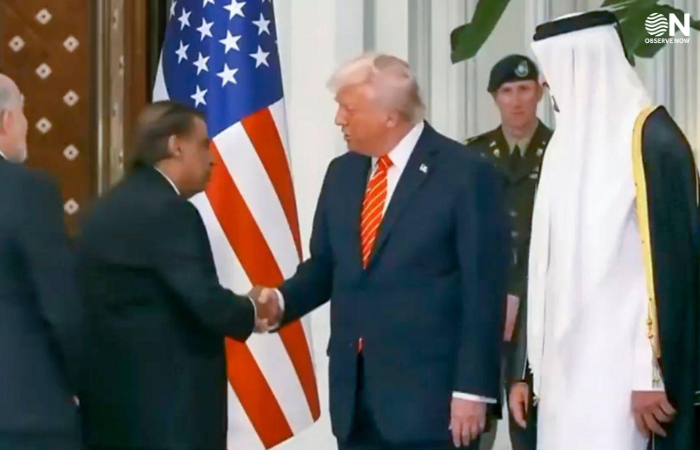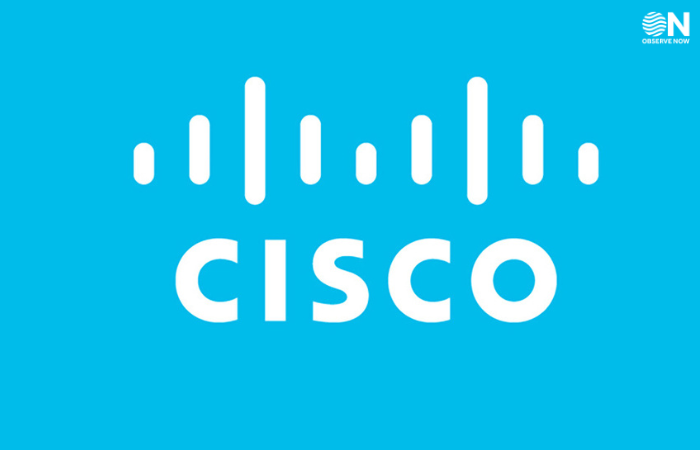Cimcor and Zscaler Unite to Enhance Zero Trust Security
Cimcor, Inc., a well-known name in system integrity monitoring, has announced a major collaboration with cybersecurity leader Zscaler. The goal? To bring together real-time system monitoring and automated threat responses to level up Zero Trust Security.
This integration merges Cimcor’s CimTrak Integrity Suite with Zscaler’s Zero Trust Exchange™, creating a more dynamic defense strategy for modern enterprises.
What This Integration Brings
- Instant Threat Detection: CimTrak keeps a constant eye on systems, spotting any unauthorized changes and alerting the team in real time.
- Automated Security Actions: As soon as a threat is detected, CimTrak can automatically trigger Zscaler’s security protocols to isolate the threat and control access.
- Built-in Compliance: If a system falls out of line with standards like DISA STIGs or CIS Benchmarks, the integration will adjust Zscaler’s access policies instantly to prevent risk.
- Policy Change Tracking: CimTrak also monitors any updates in Zscaler’s security rules, flagging anything that might put the organization’s security at risk.
🗣️ What the Leaders Say
Robert E. Johnson, III, CEO of Cimcor, highlighted the benefit of pairing integrity with zero trust:
“By catching unauthorized changes early and automatically enforcing security rules, teams save time and reduce risk dramatically.”
Hansang Bae, Federal CTO at Zscaler, added:
“This partnership enables real-time enforcement and response, helping organizations stay ahead of fast-changing cyber threats.”
🔐 Why It Matters
As IT environments grow more complex, businesses need security systems that can keep up. This Cimcor–Zscaler integration allows companies to be more proactive, respond faster, and stay compliant — without relying only on manual monitoring.
It’s a big step forward in building cybersecurity systems that are not just smart, but also self-defending.
For further details, you can check out the official release here.


